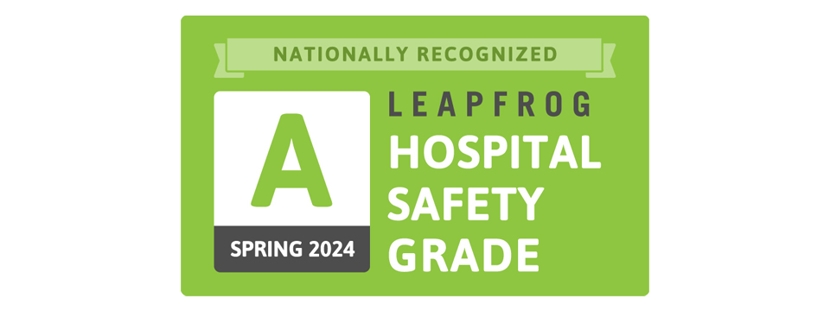In-Patient Visitation Protocols Changing April 8, 2021
- Category: News
- Posted On:
Carteret Health Care remains focused on protecting our patients, community and staff during the on-going effort to prevent transmission of COVID-19. After careful evaluation of the covid situation, Carteret Health Care will slightly relax visitation guidelines for in-patients.
Beginning April 8, 2021, visitation hours for in-patients are expanded to 8 AM until 8 PM (currently 10 AM - 8 PM). Visitors should be healthy adults, 18 years or older, and should wear a mask during the entirety of their stay inside the hospital, including patient rooms, halls and restrooms.
Visitors will be screened in the main lobby and emergency entrances. Also, all visitors are asked to follow the protocols below:
In-patients: We will allow two (2) healthy, adult support persons for each patient for the duration of the patient's stay. One overnight support person may be approved if needed for clinical care support. The patient will continue to identify the two (2) support visitors at the time of admission.
As a precaution, visitors will not be allowed for COVID-19-positive patients or with patients awaiting a COVID-19 test result. End of life patients will be handled on a case by case situation.
Pediatric patients - Patients under the age of 18 may have two parents or guardians 24/7.
Obstetric patients - One (1) main support person is allowed at all times 24/7. During the labor process, one additional labor support person is also permitted. Post delivery, the same additional support person may visit 8 AM until 8 PM along with the main support person.
Due to the high number of patients continuously being cared for in the Carteret Health Care Emergency Department and outpatient services, these patients will continue to have one (1) support person with them.
We are constantly evaluating the current COVID-19 cases in our region to find the best balance for our patients and caregivers. Carteret Health Care will continue using advanced safety protocols including screening, physical distancing, and frequent hand hygiene.

